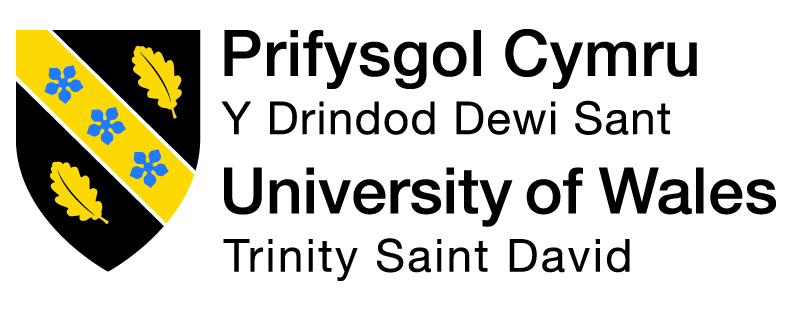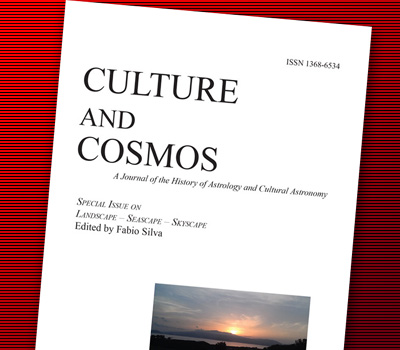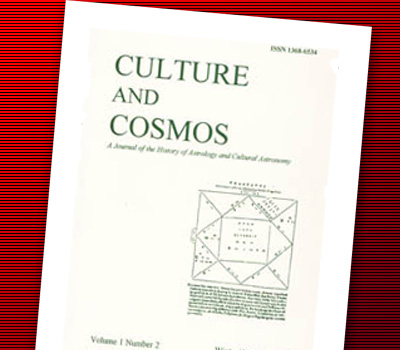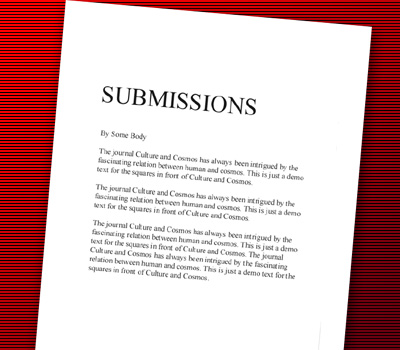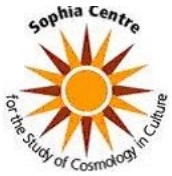We are currently seeking submissions for future volumes of Culture and Cosmos.
Volume 1, No. 1
Editorial
Nick Campion
Download full article (pdf)
Astronomy is more than the science of the stars. It is intimately connected to our ideas of our selves, our purpose and place in the universe. Currently it is fueling myths, beliefs and ideologies as much as at any time in its history. We have the neo-paganism based on such sites as Stonehenge and Avebury. There is the belief in UFOs, borne out of modern science and science fiction, which in the last decade has exploded in ever more detailed doctrines of alien visitation and abduction. On a more sober level we have the manipulation of the space race to provide propaganda for the cold war. In the post 1989 world the USA continues to use its space programme to reinforce images of the American dream; space has become the new frontier, and 1997’s Mars Rover mission was designed to touch down on 4 July, the anniversary of the declaration of independence. Then there is the social impact of the new science, explored in terms of quantum physics by Danah Zohar and Ian Marshall.2 If the political impact of Copernicus and Newton is now well established, then we have hardly begun to question what effect Einstein may have had on twentieth century politics.
Then there is the question of belief in astrology which, in the modern world, is perhaps as strong as it ever has been. Its popularity strikes many people as something of a historical problem: how in a modern rational, scientific world could such an irrational, unscientific belief flourish? Given that such words as rational and scientific are highly problematic and open to differing interpretations, astrology’s contemporary revival does require study and explanation.
The significance of astrology to the history of ideas, religion and science is no longer in question. Lynn Thorndike’s epic History of Magic and Experimental Science has made the argument convincingly. A select group of other scholars have examined its role in specific periods and cultures, notably in the ancient near east, the classical world and in medieval and Renaissance Europe. Yet while papers on the subject find their place in specialist academic journals, it is felt that the time has come for a journal which focuses specifically on its past and development, as well as on its social, political and religious functions.
Astrology can be defined as the use of celestial phenomena to interpret and predict events on earth. However, in order to flourish it requires a philosophical context based on a general belief that movements and changes in the heavens are significant for humanity, without the specific rules, technicalities and procedures necessary for astrological interpretation. This may be defined as cultural astronomy: the use of astronomical knowledge, beliefs or theories to inspire, inform or influence social forms and ideologies, or any aspect of human behaviour. Cultural astronomy also includes the modern disciplines of ethnoastronomy and archaeoastronomy.
The problem of definitions was dealt with by Michael Hoskin in his 1996 review of Astronomies and Cultures.1 He posed the question “What astronomy is not an astronomy in a culture?” This is a valid point, and one may take a narrow or broad definition of the term cultural astronomy. In part the solution is one of emphasis. Culture and Cosmos will emphasise the cultural aspects of astronomy rather than the strict history of mathematical and technical astronomy, areas ably catered for elsewhere.
Culture and Cosmos will cover a broad spectrum of ideas: any and all of the ways in which human beings manipulate, exploit, analyse and interpret the heavens in order to understand, regulate and predict their individual concerns and collective lives. We may not be able to answer all questions, but at least we can ask them.
References
1. Hoskin, Michael, review of Astronomies and Cultures, ed. Clive L. N. Ruggles and Nicholas J. Saunders (University of Colorado Press, Niwot, Col., 1993), Archaeoastronomy, number 21, supplement to the Journal for the History of Astronomy, vol. 27, 1996, p 885-7.
2. Danah Zohar and Ian Marshall, The Quantum Society, (Bloomsbury Publishing, London 1993).

